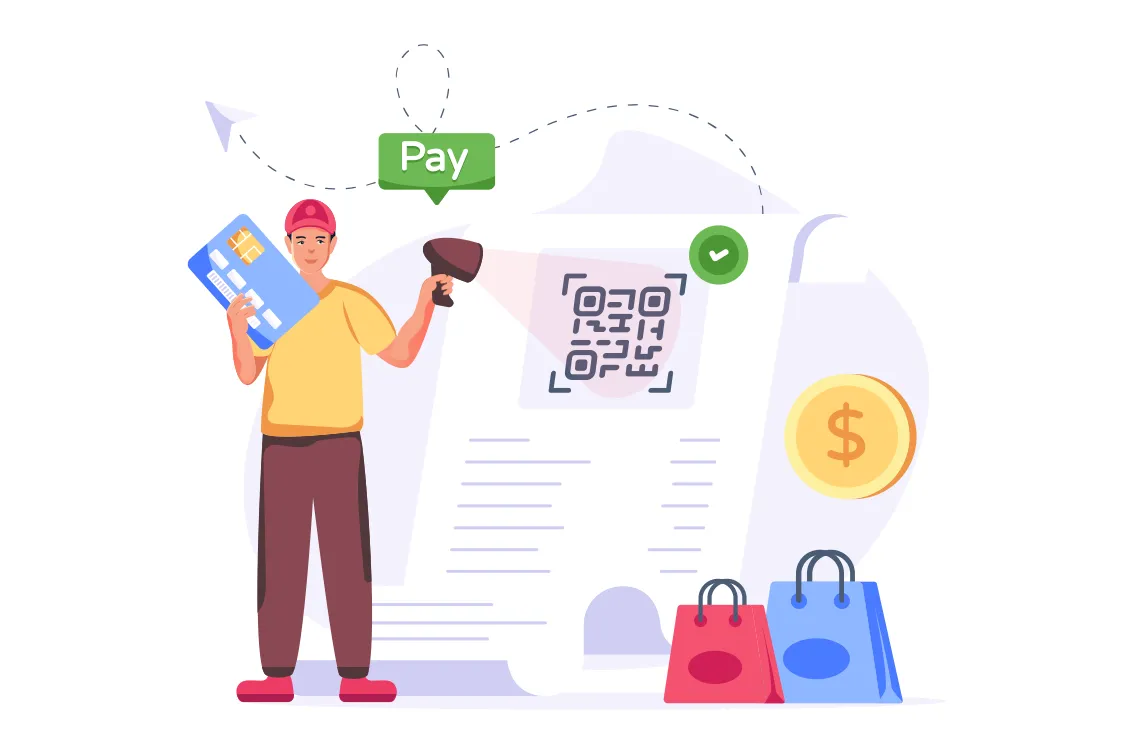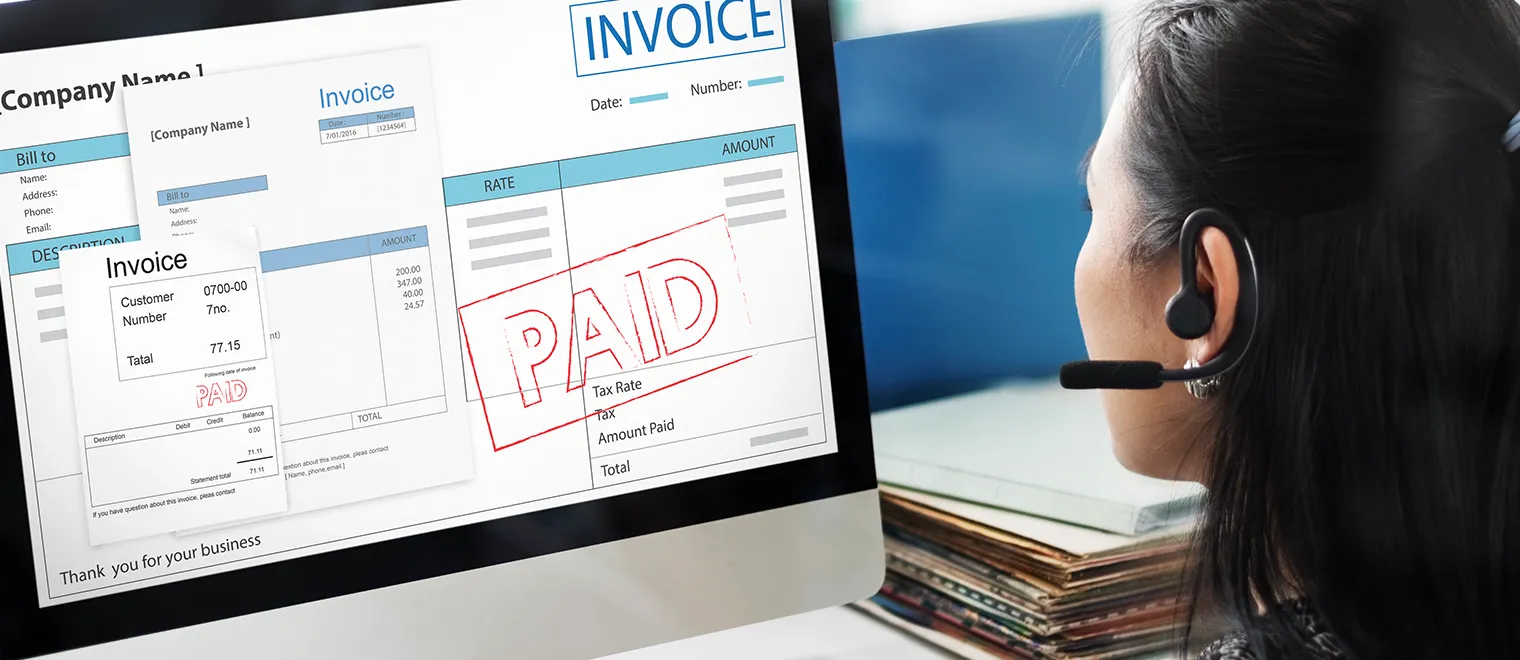Introduction
Overview of E-Invoice
E-invoices, or electronic invoices, represent a transformative shift in the way businesses manage their invoicing processes. These digital documents replace traditional paper-based invoices, offering a more efficient and environmentally friendly approach to invoicing. By embracing e-invoices, businesses can streamline their invoicing operations, reduce paper waste, and improve overall productivity.
Features and Benefits:
Automated Invoice Generation:
E-invoicing enables the automated generation of invoices, eliminating manual data entry and reducing the risk of errors. This streamlines the invoicing process, saving time and resources for businesses.
Faster Payment Processing:
E-invoices facilitate faster payment processing by delivering invoices electronically to customers. This accelerates the payment cycle, leading to improved cash flow and liquidity for businesses.
Reduced Administrative Costs:
With e-invoices, businesses can significantly reduce administrative costs associated with printing, mailing, and storing paper invoices. This cost-saving benefit contributes to enhanced operational efficiency and profitability.
Improved Accuracy:
E-invoicing minimizes the chances of errors and discrepancies often encountered in manual invoicing processes. Electronic invoicing systems ensure accuracy in invoice data, reducing the likelihood of billing disputes and delays in payment.
Enhanced Traceability:
E-invoices offer enhanced traceability, allowing businesses to track the status of invoices in real time. This visibility into the invoicing process enables better management of accounts receivable and improved customer relations.

Embrace the future of invoicing with our seamless e-invoicing solution, revolutionizing your billing processes with efficiency, accuracy, and sustainability.
How It Works:
1. Creation: E-invoices are generated electronically using invoicing software or accounting systems. Businesses input relevant invoice details such as billing information, itemized charges, and payment terms.
2. Delivery: Once created, e-invoices are delivered to customers via email or electronic platforms. Businesses can customize the delivery method and format of e-invoices to meet customer preferences.
3. Receipt and Processing: Customers receive e-invoices electronically and process them for payment. They may review the invoice details, initiate payment, and provide remittance information if necessary.
4. Payment Status Tracking: Businesses can track the status of e-invoices in real time, monitoring when invoices are delivered, viewed, and paid by customers. This visibility enables proactive management of accounts receivable and timely follow-up on outstanding payments.
Compliance and Legal Requirements:
E-invoicing solutions must comply with legal and regulatory requirements applicable in relevant jurisdictions. Businesses need to ensure compliance with tax regulations, invoicing standards, and data protection laws such as GDPR to avoid penalties and legal issues.
Integration Options:
There are various integration options available for businesses to incorporate e-invoicing into their accounting or invoicing systems:
- Ready-made integrations with popular accounting software like QuickBooks or Xero.
- API documentation for custom integrations tailored to specific business requirements.
- Standalone e-invoicing platforms offering comprehensive invoicing solutions.
Security Measures:
E-invoicing systems implement robust security measures to protect sensitive financial data:
- Encryption for secure data transmission.
- Secure storage protocols to safeguard stored invoice data.
- User authentication mechanisms to control access to e-invoicing systems.
- Compliance with data protection regulations such as GDPR to ensure privacy and confidentiality.
Cost Savings Analysis:
E-invoicing offers significant cost savings compared to traditional paper-based invoicing:
- Reduced expenses on paper, printing, and postage.
- Lower administrative costs associated with manual invoicing processes.
- Improved operational efficiency leading to increased profitability.
Customer Support:
Businesses can rely on reliable customer support services offered by e-invoicing solution providers:
- Assistance with setup, configuration, and integration of e-invoicing systems.
- Troubleshooting support for technical issues or inquiries related to e-invoicing.
- Access to comprehensive documentation, tutorials, and training resources to help businesses maximize the benefits of e-invoicing solutions.


